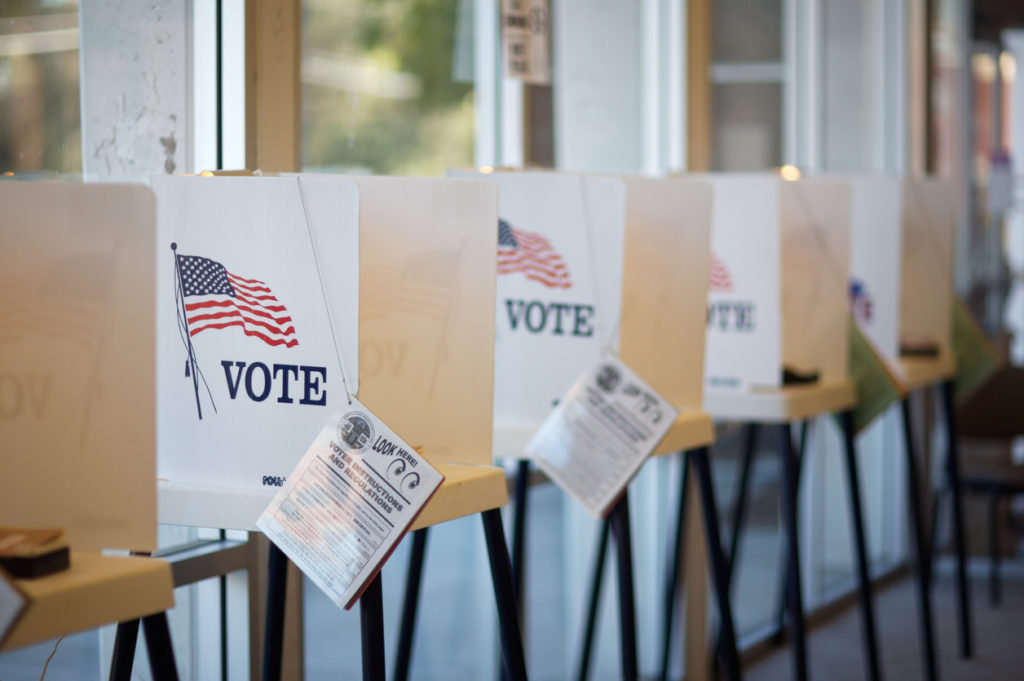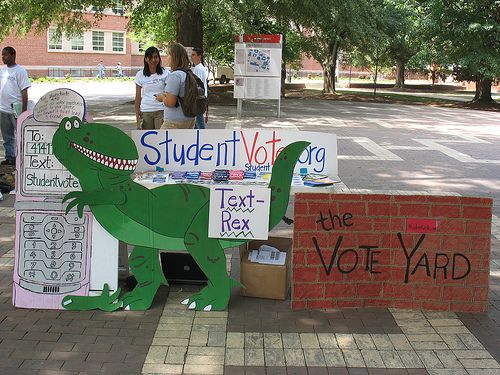Reaching Voters by Text: How Politicians Are Using SMS in Campaigns

The 2016 presidential campaign is coming to a close, and while it’s notable for so many other reasons, it might be breaking ground with technology. Today’s political candidates are embracing mobile like never before and reaching voters by text.
President Barack Obama collected over a million cell phone numbers in 2012, but the campaign never put together a coordinated texting campaign. So far 2016 has been a different story and politicians are texting like crazy. Subscription numbers are splashed across nearly every podium, as ubiquitous on the campaign trail as the American flag. With the incredible open rate of text messaging, it’s hard for campaigns to ignore this opportunity.
“A text is almost a sacred thing,” said Vincent Harris, the digital director for Rand Paul’s now discontinued campaign, in a New York Times article. “This space is reserved for your closest friends, your family, people who know you well enough to have your number and bypass a voice mail or email. I think it’s taken several years for the electorate to warm up to this.”
Throughout the grueling primary season, many candidates were using text messages to get out the vote, and there was no shortage of comparing the various candidates’ texting strategies.
The immediate, intimate nature of texting makes it ideal for getting people to take action. It can also work well with timely, relevant details. Hillary Clinton actually sent a flurry of texts during a GOP primary debate, engaging with her supporters on the issues and taking shots at Republicans. The effort offered immediate commentary for anyone watching the debate, a win-win as more people are watching multiple screens at the same time.
But texting can also go wrong. While Donald Trump seems to have a firm grasp of Twitter, he’s getting in trouble over texting. The Trump campaign is being sued by a Chicago man for sending unsolicited text messages, a major no-no according to federal rules. The class-action lawsuit could result in a hefty fine for the Trump campaign.
Also, fake ads encouraging Clinton supporters to vote by text were circulating on social media. These ads made it appear as if people could cast their votes by text message, though vote-by-text is not something anyone can do.
Whether you’re a political candidate, business or organization, reaching voters by text can be a powerful way to reach your audience. But it has to offer value and it has to follow the rules.
Photo: iStockPhoto
Interested in learning more about text messaging for political campaigns? Contact us at 800-696-1393 or email tmsales@textmarks.com.

















